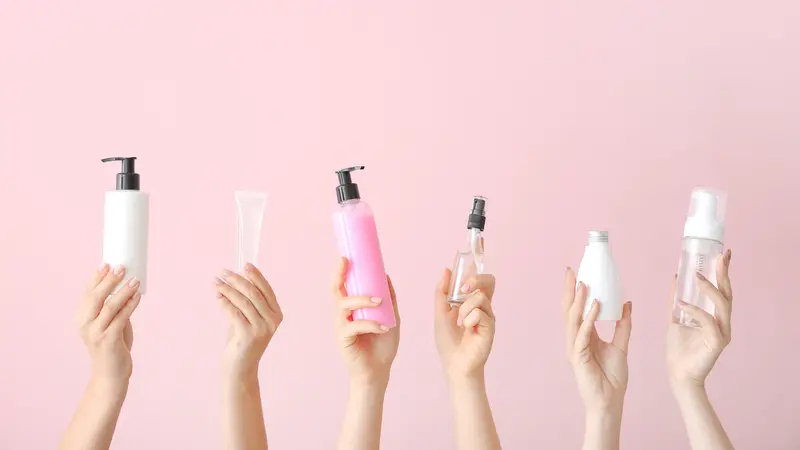

Industry News

Industry News
First Updated Cosmetic Laws Since 1938
As of December 29, 2022, a bill has been signed into law that includes the first major updates to the Food, Drug and Cosmetic Act since the 1930s.
The Modernization of Cosmetics Regulation Act of 2022 (MoCRA) includes the following provisions:
Adverse Event Recordkeeping and Reporting
Companies are now required to keep adverse event files for six years. The updates also expand what is considered a “serious adverse event” as “significant disfigurement (including serious and persistent rashes, second- or third-degree burns, significant hair loss, or persistent or significant alteration of appearance), other than as intended, under conditions of use that are customary or usual.” Companies also must report serious adverse events to the FDA within 15 days.
Mandatory Registration and Product and Ingredient Listing
Cosmetic manufacturers must now register with the FDA and report annually to the FDA the products they make and thier ingredients, which would allow the FDA to identify who made a product if an issue arises.
Cosmetic Safety Substantiation
Cosmetic companies will now need to have adequate safety substantiation on file showing how an ingredient is safe and at what levels.
Fragrance Allergen & Professional Salon Ingredient Transparency
The FDA is required to create a rule for known fragrance allergens to be disclosed. Professional salon products also now must have the same level of disclosure as retail products, which includes all ingredients except for fragrances.
Mandatory Recall Authority
The FDA will now be able to demand a mandatory recall of a product that has egregious health implications (e.g., asbestos in children’s makeup, formaldehyde in hair straightening treatments, mercury in skin lightening creams, and shampoos that cause permanent baldness). To date the FDA has only been able to request a voluntary recall by the company, and often the products have been left on the market.
OTC Products
When a product is both over-the-counter (OTC) and used for personal care (e.g., sunscreens and acne treatments) they will be regulated by the more stringent OTC standards.
PFAS and Talc
The new law requires talc products to be tested for asbestos, and the use and safety of per- and polyfluoroalkyl substances (PFAS) to be reviewed in cosmetics. PFAS are sometimes called "forever chemicals" because of their toxic, persistent nature.
Funding for FDA
In 2017, the FDA reportedly had only 6 inspectors to oversee 3 million cosmetics shipments. The new law authorizes funding for the FDA for these updated programs.
REFERENCES
Dahl, L. (2022, December 25). Congress passed major updates to cosmetics safety laws, the first since 1938. https://lindsaydahl.com/congress-passed-major-updates-to-cosmetics-safety-laws-the-first-since-1938


 By
By







